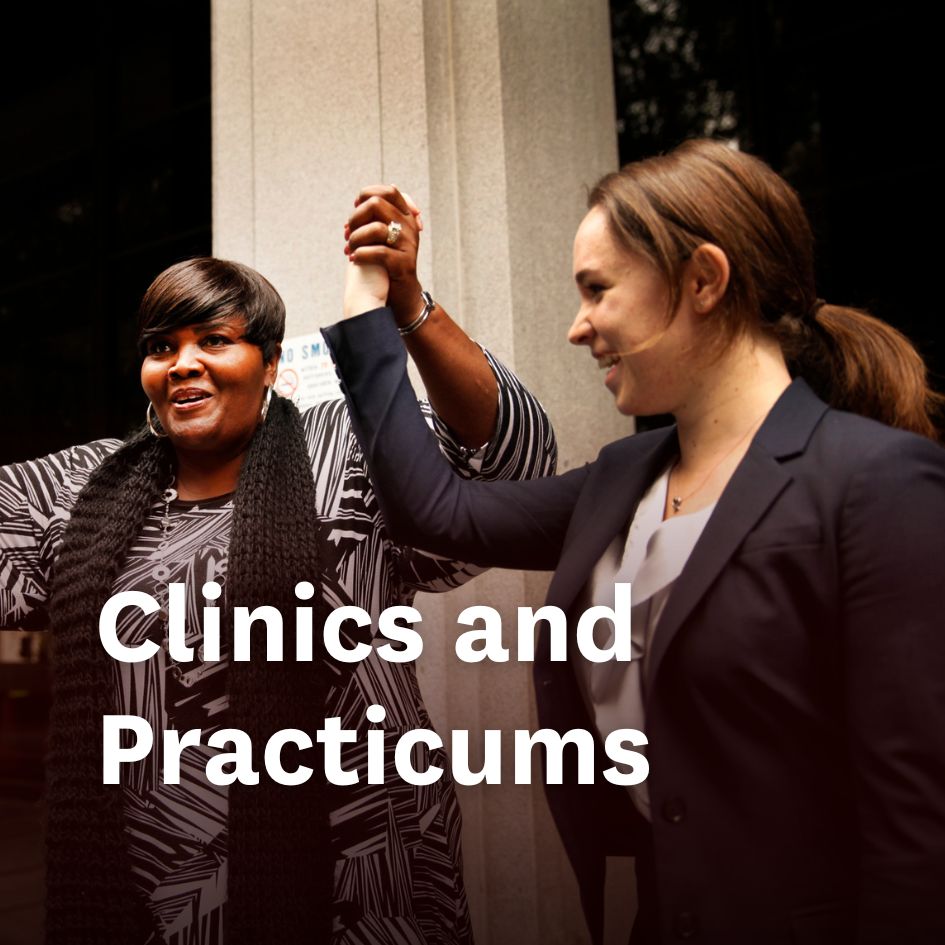A team of students from USC Gould School of Law was named the national champion in the ABA Appellate Advocacy Moot Court competition, one of the largest and most prestigious of all the national competitions. Ian Finley and Athena Tsianos, who were both 3Ls during the competition, brought the trophy home, winning the final round in Chicago in April.
“I’ve been competing in public speaking competitions since I was 13 years old, and I always had this circled in my calendar as the last one I’d get to do,” Finley said. “To have it end with a championship alongside one of my closest friends in law school, it was truly a storybook ending.”
Tsianos shared the same sentiment about taking home the national title.
“Ian and I went into this to have fun and to gain practical experience — I never expected to make it past regionals let alone be recognized at nationals,” Tsianos said. “It was incredibly meaningful to receive such a positive result and also argue alongside wonderful advocates from other schools. It’s the most rewarding experience I’ve had.”
Coached by James Nikraftar (JD 2018) USC Gould Lecturer in Law and associate at Miller Barondess LLP, Finley and Tsianos spent four months preparing for competition. After fall final exams, they really ramped up their practice with Nikraftar, they said.
“We were often ‘mooted’ by Coach James, but we also had the privilege of working with other private attorneys with whom James and Athena connected us,” Finley said. “At the end of February, we spent a marathon weekend at the Los Angeles Regionals, where we were able to qualify for National Finals.”
Nikraftar, reflecting on his time coaching them said, “Athena and Ian are incredibly talented, but more than that, they worked incredibly hard. The difference between a good lawyer and a great lawyer is that a great lawyer is always the most prepared person in the room.”
Why compete in moot court competitions? Finley and Tsianos have found many ways competing has helped them improve their public speaking skills, plus much more.
Tsianos said that, “communicating precisely and persuasively, analyzing issues from both sides to make convincing counterarguments” are just a few of the benefits she has gained from this experience, adding “gathering courage to speak before judges and honing my time and stress management.”
“For someone hoping to go into litigation, moot court is just about the most effective skill-building activity that a student can do,” Finley said. “As for oral advocacy … I do think there is no substitute for this type of practice. I’m a more eloquent speaker in all contexts because of the intentionality that moot court develops.”

















